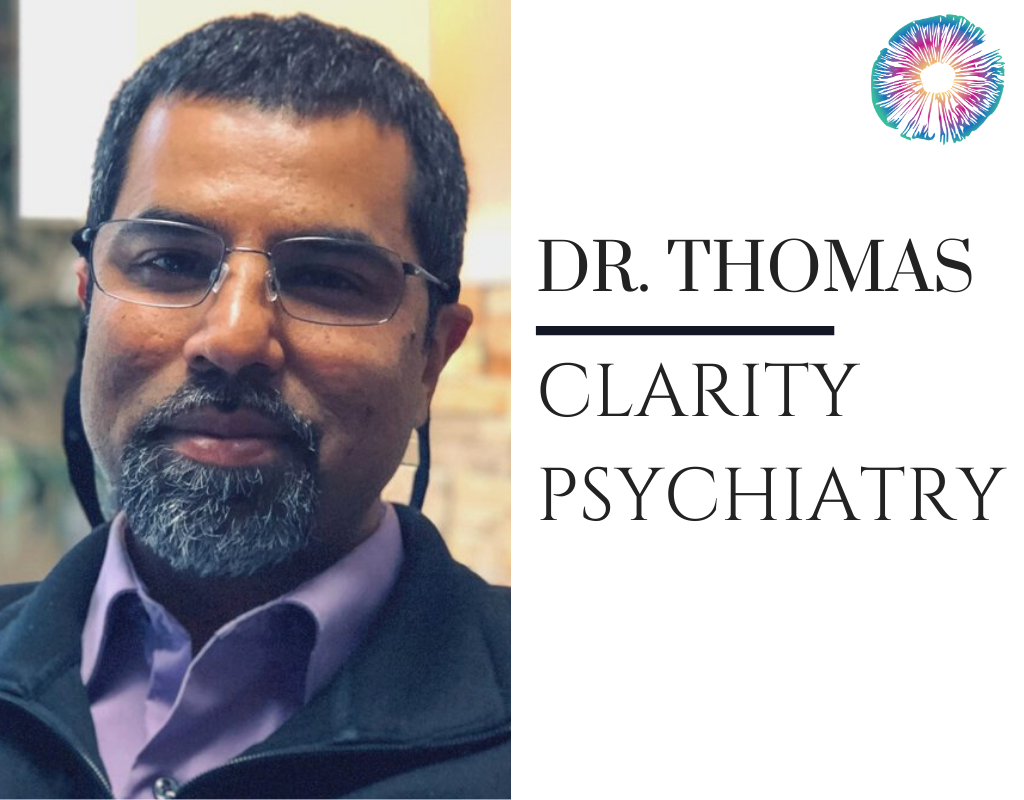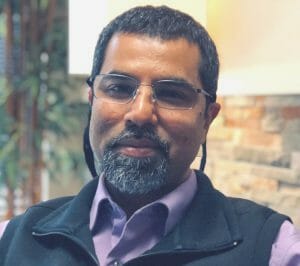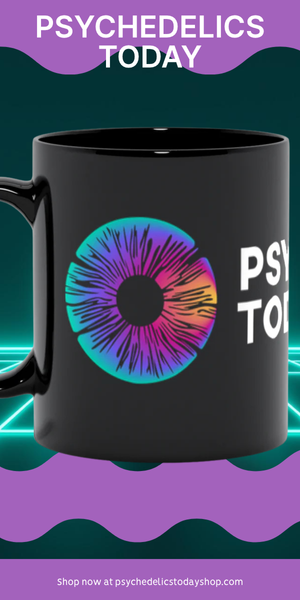
In this episode, Joe interviews Dr. Naveen Thomas of Clarity Psychiatry in Boulder, Colorado.
Naveen first discusses what he initially looks for in patients (low-lying fruit like a vitamin D deficiency or poor diet) and what he recommends for boosting immunity and improving overall health, then this becomes a bit of an “everything you ever wanted to know about ketamine and ketamine-assisted therapy” podcast.
He talks about the range in treatment methods across conventional models and what you could expect to experience in relation to dose, experience, and price, and how he likes to use ketamine in his practice. And he talks about the dependence that can come from more conventional “get dripped” methods, the variation of doses and subsequent effects on most people vs. more sensitive people, ways to calibrate a patient to give them the best (and safest) possible experience, the missed opportunities of models that don’t spend as much time on the experience and integration, why he believes so strongly in the efficacy and safety of ketamine (especially when compared to other psychedelics), and why how he’d like to see breathwork be used more in conjunction with both psychedelic and traditional therapies.
Notable Quotes
“In the worldview of the way I was trained, the whole point of ketamine therapy is not to get somebody hooked on ketamine for the rest of their life. It’s to give them enough corrective expanded experiences of healing and of their own inherent wholeness that they don’t need the ketamine- that whatever was off-balance is coming right.”
“I’d like to maybe reframe the word ‘dissociative.’ With ketamine, chemically, in the ketamine state, we are becoming less and less in tune with outside sensory input. We are dissociating with ourselves as a body, temporarily, to some degree. And we are associating with ourselves as something other than body. And there’s some real- I’m just going to go ahead and use the word- there’s some real magic in that possibly. There’s some real healing potential.”
“One of the final common pathways, shall we say, of any medicine or technique that can induce a non-ordinary state is temporarily softening the ruminative negative self-narrative that’s so characteristic of human suffering and mental illness. And how you achieve that state, in some ways, is potentially not even that important. …Holotropic breathwork, or what I call journey breathwork, in any of its forms, absolutely can soften that egoic function and give people access to the parts of themselves that are bigger than that negative self-narrative, and just to bask in the juiciness of what’s possible when that happens. …And I think from a pragmatic standpoint, if we were to use breathwork as [an] interim integration tool between sessions, could we get away with maybe slightly decreasing the frequency of the more expensive psychedelic sessions? Might there be societal value in that while still retaining the efficacy and the self-learning and the insights and all the good stuff that goes along with that?”
Links
About Dr. Naveen Thomas

Dr. Thomas graduated from Emory University in Atlanta, Georgia. He completed his medical school training at Emory University School of Medicine. He then went on to complete his post graduate psychiatric residency training at the University of North Carolina in Chapel Hill.
Support the show
- Patreon
- Leave us a review on Facebook or iTunes
- Share us with your friends
- Join our Facebook group – Psychedelics Today group – Find the others and create community.
Navigating Psychedelics





